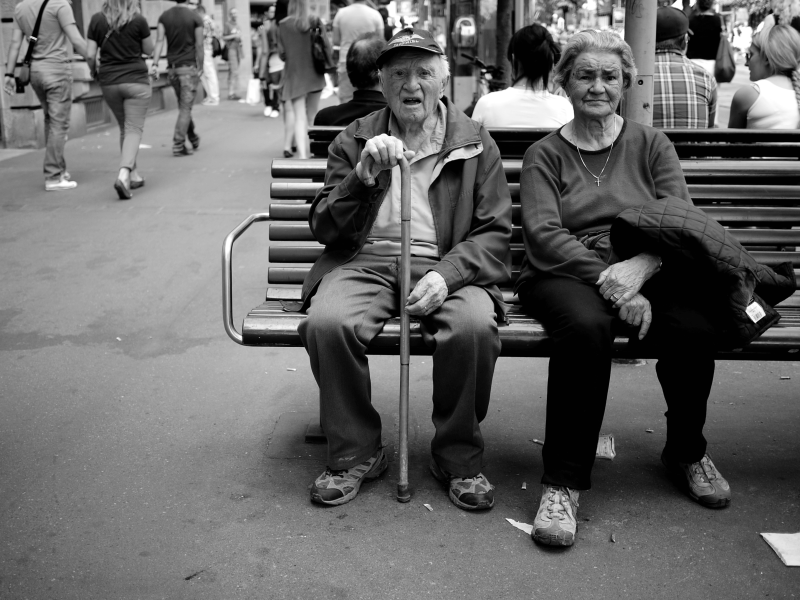There’s something to the adage that age is only a number. Scientists increasingly are distinguishing between chronological and biological age. Someone can be biologically younger or older than his years on earth, depending on how his body and cells age. The best measure of that number comes from our telomeres—strands of DNA that cap chromosomes and protect genes.
Follow the latest news and policy debates on sustainable agriculture, biomedicine, and other ‘disruptive’ innovations. Subscribe to our newsletter.
Telomeres get shorter each time a cell replicates, which occurs iteratively as we age. When telomeres get too short, cells die or become senescent—they permanently stop replicating. Senescent cells can build up in tissues and send off inflammatory signals that damage nearby cells, contributing to diseases such as osteoarthritis and Alzheimer’s.































